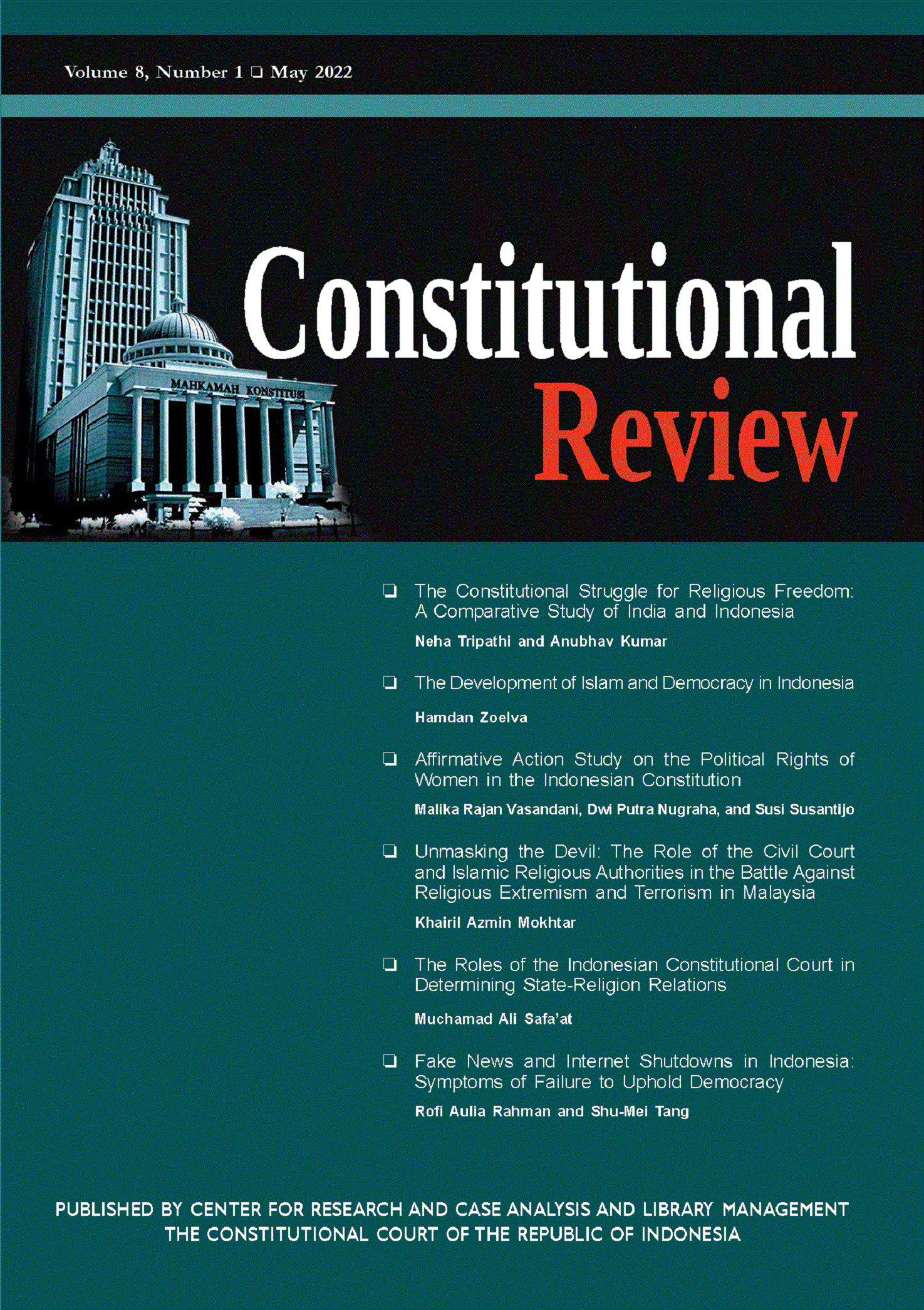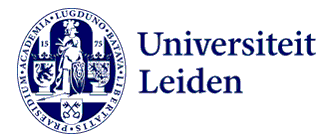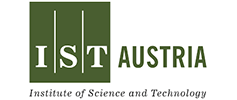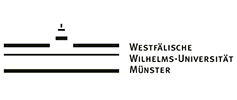The Roles of the Indonesian Constitutional Court in Determining State-Religion Relations
DOI:
https://doi.org/10.31078/consrev815Keywords:
Constitutional Court Decisions, Constitutional Law, Secularity, State- Religion Relations, Multiple Secularities.Abstract
Indonesia is neither a religious state nor a secular state. Based on the Pancasila state ideology and the 1945 Constitution, Indonesia adheres to a symbiotic model in which the state and religion are different entities but have a mutually influencing relationship. This relationship pattern can be seen from several laws that regulate issues related to religion, especially Islam, which is embraced by the majority of Indonesians. As a political product, the pattern of relations between the state and religion in the law is dynamic. However, in accordance with the principles of a democratic rule of law, the dynamics of democratic politics are controlled by legal instruments, one of which is through the authority to review laws as one of the powers of the Constitutional Court. The Constitutional Court’s decisions in cases of judicial review of laws related to religion reinforce the model of the symbiotic relationship between the state and religion. Such decisions affirmed Pancasila as a model of Indonesian secularity that is needed for the sake of individual rights and freedoms, to balance or reconcile religious diversity, social integration and national development, and the independent development of the functional domains of society.
References
Alfitri. “Putusan Mahkamah Konstitusi Sebagai Tafsiran Resmi Hukum Islam di Indonesia [Constitutional Court Decisions as the Official Interpretation of Islamic Law in Indonesia].” Jurnal Konstitusi 11, no. 2 (June 2014).
An-Na’im. Islam and the Secular State: Negotiating the Future of Shari’a.
Cambridge: Harvard University Press, 2008.
Berlin Boston De Gruyter. Working with a secular age: interdisciplinary perspectives on Charles Taylor’s Master Narrative. Berlin: Berlin Boston De Gruyter, 2014.
Burchardt, Marian and Monika Wohlrab-Sahr. “Multiple Secularities: Religion and Modernity in the Global Age - Introduction.” International Sociology 28, no. 6 (November 2013).
Bush, Robin. “Regional ‘Sharia’ Regulations in Indonesia: Anomaly or Symptoms?” In Expressing Islam: Religious Life and Politics in Indonesia, edited by Greg Fealy and Sally White. Singapore: Institute of Southeast Asian Studies, 2008.
Decision of the Constitutional Court of the Republic of Indonesia No 12/ PUU-V/2007.
Decision of the Constitutional Court of the Republic of Indonesia No 19/PUU- VI/2008.
Decision of the Constitutional Court of the Republic of Indonesia No 86/ PUU-X/2012.
Decision of the Constitutional Court of the Republic of Indonesia No 140/PUU- VII/2009.
Fuad, Ahmad Nur. “Sekularisasi Politik (Pengalaman Amerika Serikat dan Dunia Islam) [Political Secularization (The United States and the Islamic World Experience)].” Jurnal Salam 2, no. 2 (July - December 2009).
Government Regulation No 1/PNPS/1965 on Prevention of Religious Abuse and/ or Blasphemy, later made into law under Law No. 5/1969.
Hasyim, Syafiq. State and Religion: Considering Indonesia Islam as Model of Democratization for the Muslim World. Berlin: Liberales Institut, 2013.
Hefner, Robert W. “Public Islam and the Problem of Democratization.” Sociology of Religion 62, no. 4, (2001).
Hosen, Nadirsyah. “The Constitutional Court and ‘Islamic’ Judges in Indonesia.”
Australian Journal of Asian Law 16, no. 2 (March 2016).
Iversen, Hans Raun. “Secular Religion and Religious Secularism: A Profile of the Religious Development in Denmark since 1968.” Nordic Journal of Religion and Society 119, no. 2 (2006).
Kaelan. Negara Kebangsaan Pancasila: Kultural, Historis, Filosofis, Yuridis, dan Aktualisasinya [Pancasila National State: Cultural, Historical, Philosophical, Juridical, and Its Actualization]. Yogyakarta: Paradigma, 2013.
Killion, M. Ulric. “The Function of Law in Habermas’ Modern Society.” Global Jurist 10, no. 2 (March 2010).
Konstituante Republik Indonesia [Constituent Assembly of the Republic of Indonesia]. Risalah Perundingan Tahun 1959 [Treatise of Negotiations 1959]. Jakarta: Konstituante RI, 1959.
Künkler, Mirjam and Alfred Stepan. “Indonesian Democratization in Theoretical Perspective.” In Democracy and Islam in Indonesia, edited by Mirjam Künkler and Alfred Stepan. New York: Columbia University Press, 2013.
Künkler, Mirjam and Yüksel Sezgin. “The Unification of Law and the Postcolonial State: The Limits of State Monism in India and Indonesia.” American Behavioral Scientist 60, no. 8 (July 2016).
Latif, Yudi. Negara Paripurna: Historisitas, Rasionalitas, dan Aktualitas Pancasila [Plenary State: Historicity, Rationality, and Actuality of Pancasila]. Jakarta: Kompas Gramedia, 2011.
Law No 1 of 1974 on Marriage. Law No 41 of 2004 on Waqf.
Law No 11 of 2006 on Aceh’s Governance. Law No 13 of 2008 on Hajj Management.
Law No 19 of 2008 on State’s Sharia Securities. Law No 21 of 2008 on Sharia Bank.
Law No 23 of 2011 on Zakat Management.
Liviatan, Ofrit. “From Abortion to Islam: The Changing Function of Law in Europe’s Cultural Debates.” Fordham International Law Journal 36, no. 1 (2013).
Maarif, Syafii. Studi tentang Percaturan dalam Konstituante: Islam dan Masalah Keagamaan [The Study of the Constituent Assembly: Islam and Religious Issues]. Jakarta: LP3ES, 1985.
Madjid, Nurcholish. Tradisi Islam: Peran dan Fungsinya dalam Pembangunan di Indonesia [Islamic Tradition: Its Role and Function in Development in Indonesia]. Jakarta: Paramadina, 1997.
Menchik, Jeremy. Islam and Democracy in Indonesia: Tolerance without Liberalism.
New York: Cambridge University Press, 2016.
Nasir, Mohamad Abdun. “The Kompilasi Hukum Islam and Debates on Shari’a: Reconsidering Islamic Law in Indonesia [The Compilation of Islamic Law and Debates on Shari’a: Reconsidering Islamic Law in Indonesia]”. Al-ahkam 22, no. 2 (2012).
Natsir, M. Agama dan Negara dalam Perspektif Islam [Religion and State in Islamic Perspective]. Jakarta: Media Dakwah, 2001.
Noer, Deliar. Gerakan Modern Islam di Indonesia 1900-1942 [Modern Islamic Movement in Indonesia 1900 -1942]. Jakarta: LP3ES, 1980.
Presidential Instruction No. 1 of 1991 on Dissemination of the Islamic Law Compilation.
Rahmatunnair. “Paradigma Formalisasi Hukum Islam di Indonesia [Paradigm of Formalization of Islamic Law in Indonesia].” Ahkam: Jurnal Ilmu Syariah 12, no. 1 (January 2012).
Rumadi. “Sekularisasi Politik Dalam Pemilu 2014 [Political Secularization in 2014 Elections]”. Koran Sindo, April 23, 2014.
Rumesten RS, Iza. “State Role in Balancing Harmony in a Diversed Society: Regulating Religion in Indonesia.” Brawijaya Law Journal 5, no. 2 (October 2018).
Setiawan, Chandra and Asep Mulyana (eds.). Kebebasan Beragama atau Berkepercayaan di Indonesia [Freedom of Religion or Belief in Indonesia]. Jakarta: Komnas HAM, 2006.
Stepan, Alfred C. “Religion, Democracy, and the Twin Tolerations.” Journal of Democracy 11, no. 4 (October 2000).
Suadi, Amran and Mardi Candra. Politik Hukum Perspektif Hukum Perdata dan Pidana Islam serta Ekonomi Syariah [Political Law Perspective of Islamic Civil and Criminal Law and Sharia Economics]. Jakarta: Prenada media, 2016.
Törnquist, Olle. “Muslim Politics and Democracy: The Case of Indonesia.” Journal of Indonesian Islam 1, no. 1 (June 2007).
Turner, Bryan S. Religion and Modern Society: Citizenship, Secularization and the State. New York: Cambridge University Press, 2011.
Utrecht, Ernst. “Religion and Social Protest in Indonesia.” Social Compass 25, no. 1 (September 1978).
Wahid, Marzuki. Fiqh Indonesia: Kompilasi Hukum Islam dan Counter Legal Draft Kompilasi Hukum Islam dalam Bingkai Politik Hukum Indonesia [Indonesian Fiqh: Compilation of Islamic Law and Counter Legal Draft of Compilation of Islamic Law in the Frame of Indonesian Legal Politics]. Cirebon: Institut Studi Islam Fahmina [Fahmina Institute of Islamic Studies], 2014.
Weir, Todd H. Secularism and Religion in Nineteenth-Century Germany: The Rise of the Fourth Confession. New York: Cambridge University Press, 2014.
Willen, Richard S. “Religion and the Law: The Secularization of Testimonial Procedures.” Sociological Analysis 44, no. 1 (Spring 1983).
Wohlrab-Sahr, Monica and Marian Burchardt, “Multiple Secularities: Toward a Cultural Sociology of Secular Modernities.” Comparative Sociology 11, no. 6 (January 2012).
































































